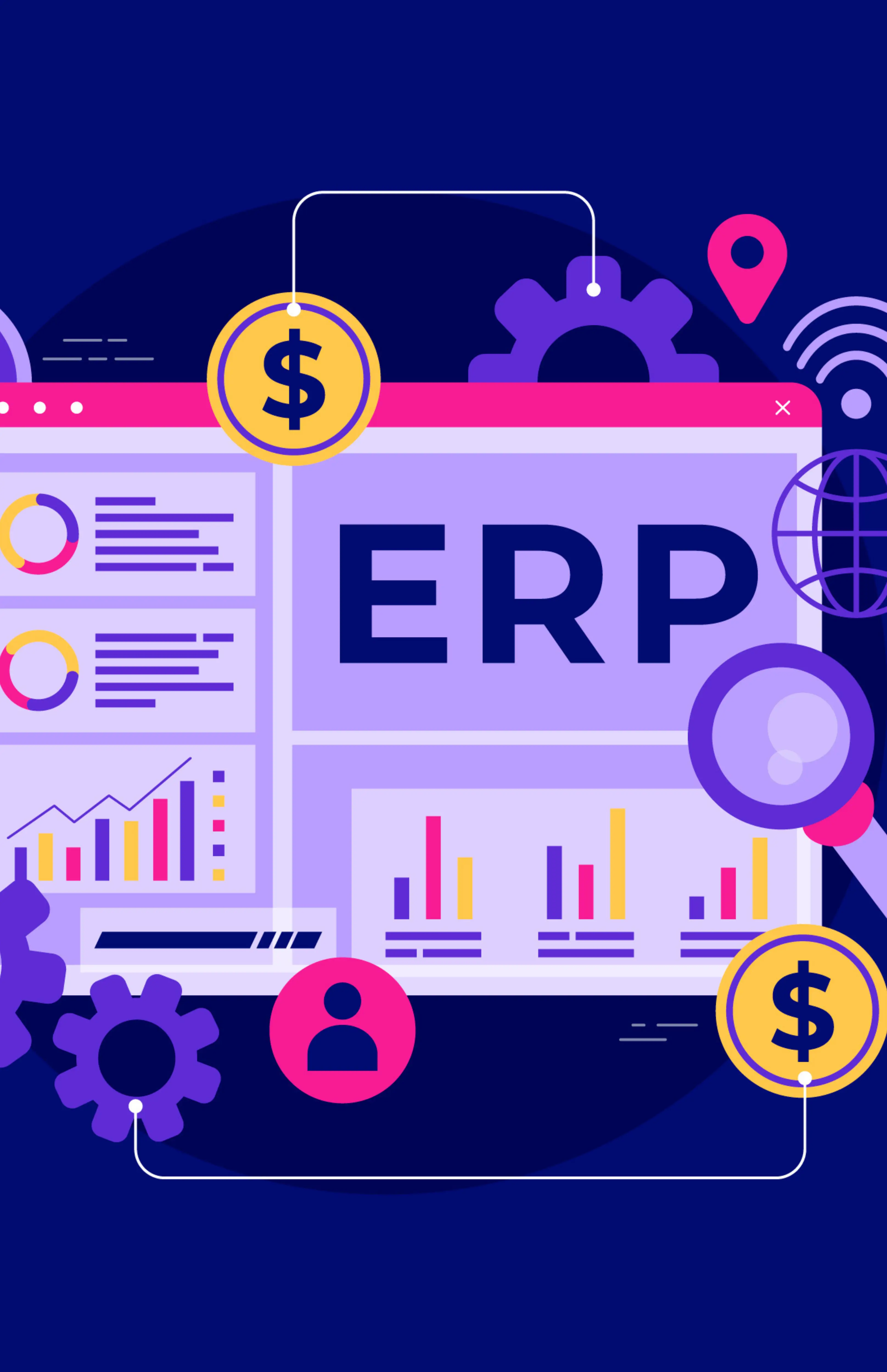1. HRMS (Human Resource Management System):
Software that manages and automates all aspects of human resource management. It includes features such as recruiting new employees, handling payroll, performance appraisals, tracking attendance, benefits administration, and employee development.
2. Loyalty Management System:
An ERP-integrated loyalty system assists companies in establishing strong customer relationships through rewards, points, and incentives. It enables companies to design customized loyalty programs according to customer behavior, which facilitates customer retention, sales growth, and brand loyalty.
3. Procurement Management System:
ERP-based procurement solutions automate the whole purchasing process, from managing suppliers to processing orders and payments. It automates activities like preparing purchase orders, monitoring deliveries, managing supplier relations, and processing invoices.
4. Sales and CRM (Customer Relationship Management):
Sales and CRM modules within ERP systems assist in managing customer relationships, monitoring sales processes, and enhancing communication. The modules enable companies to monitor customer interactions, handle leads, monitor sales pipelines, and provide customized customer service.
5. Asset Management System:
Businesses can monitor and control their tangible assets, such as machinery, cars, and equipment, with the help of an ERP asset management system. It facilitates depreciation management, maintenance scheduling, asset performance tracking, and regulatory compliance.
6. Manufacturing ERP:
Manufacturing ERP supports production planning, scheduling, inventory management, supply chain, quality control, and compliance. Since all these functions are integrated, manufacturing firms can reduce operating costs, enhance production efficiency, and meet customers' demand more effectively.
7. Inventory Management:
Inventory Management in ERP provides real-time monitoring of the inventory level, orders, sales, and deliveries. It allows companies to attain the ideal level of inventory. Automated monitoring of stocks allows companies to maximize order fulfillment, minimize waste, and save on unsold inventory.
8. School ERP:
School ERP software is exclusively tailored to meet the individual needs of schools. It manages administrative functions like student attendance, student data, grades, schedules, exams, and fees.
9. LMS (Learning Management System):
An LMS software manages and delivers educational materials and training courses. It tracks employee or student learning accomplishments, handles course materials, and facilitates smooth communication.
